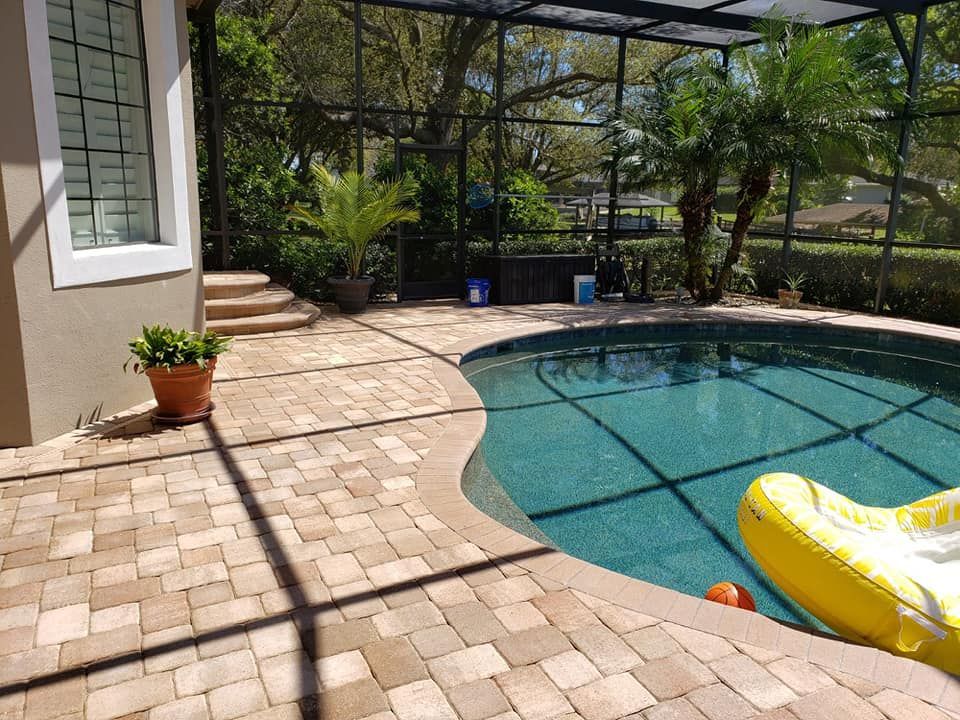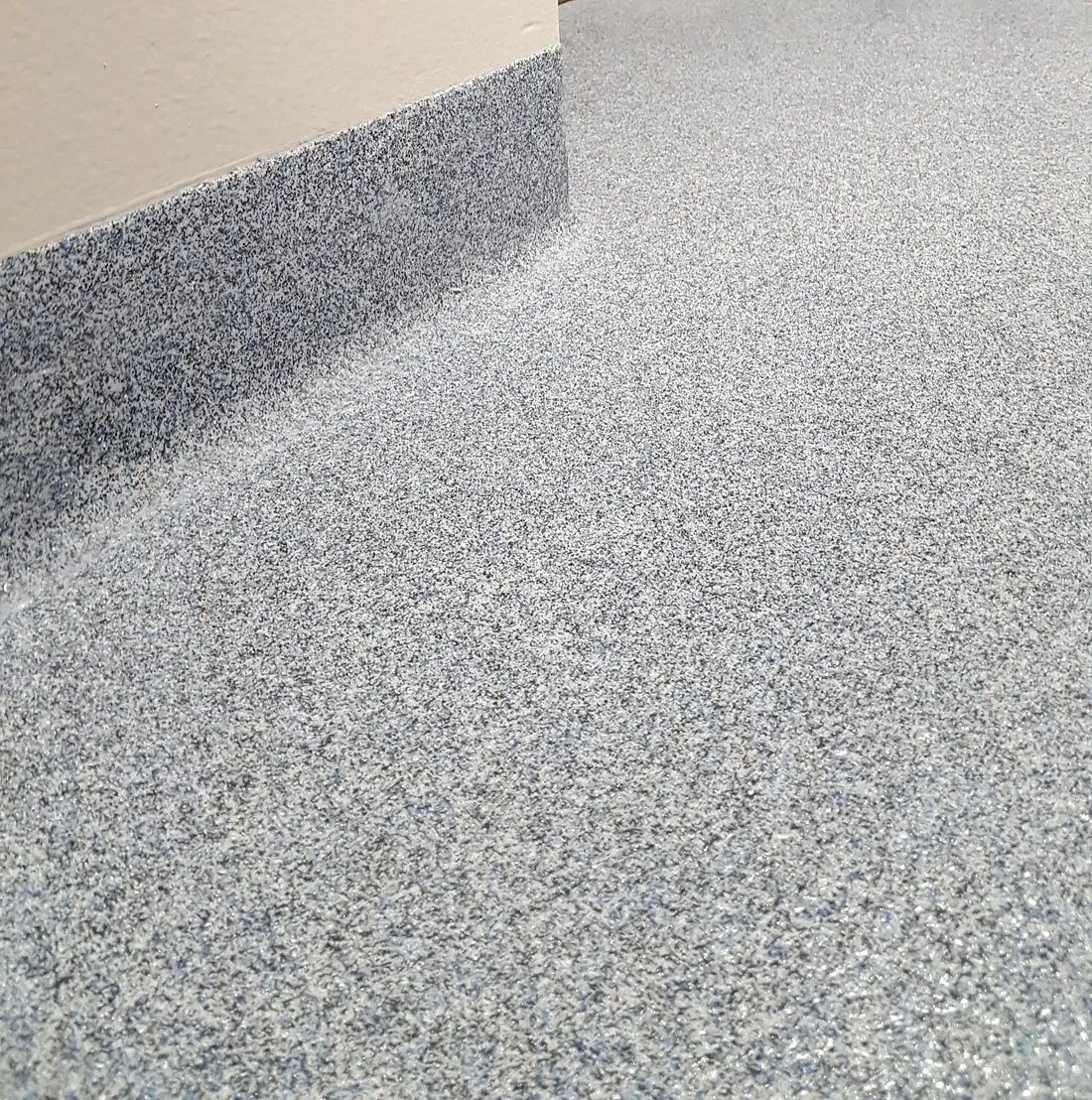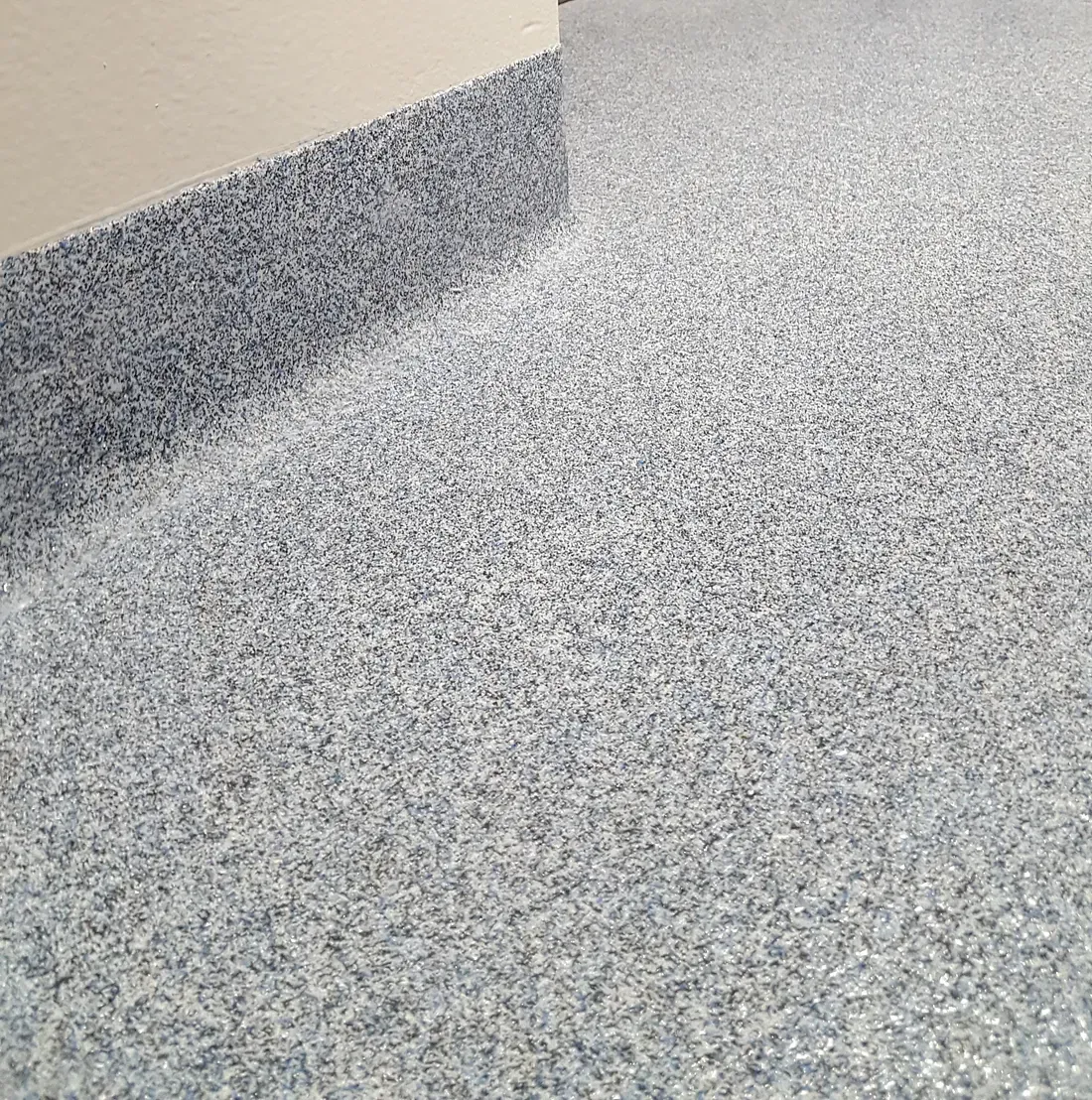Paver Sealing Guide
Bring Your Outdoor Oasis to Life!
Paver Sealing: Is It Necessary and How Often Should You Do It?
To Seal or Not to Seal?
For homeowners on the Treasure Coast who have invested in beautiful paver installation for their patios, driveways, or walkways, the question of sealing pavers often arises. Is it truly necessary? How often should it be done? Understanding the benefits and considerations of paver sealing helps you make informed decisions to protect and maintain your hardscaping. Right Way Enclosures & Pavers offers guidance and professional sealing services.
Benefits of Sealing Pavers
Applying a quality sealer offers several key benefits. It provides stain resistance, making it harder for oil, grease, food spills, and organic matter to penetrate and mar the paver surface. Sealers often enhance the color and richness of the pavers, bringing out their natural beauty. They can offer UV protection, reducing fading from the intense Florida sun. Importantly, some sealers help stabilize the jointing sand between pavers, reducing weed growth and preventing sand washout. This all contributes to easier paver maintenance.
When is Sealing Most Beneficial?
While not always strictly necessary for all paver types (some dense concrete pavers or certain natural stones are quite resilient), sealing is highly recommended for most installations, especially in high-traffic areas or those prone to spills like driveways and outdoor dining patios in Vero Beach. It's particularly beneficial for more porous pavers or lighter-colored pavers that show stains more easily. If you want to maintain that "newly installed" look for longer and simplify cleaning pavers, sealing is a wise choice.
Brevard, Indian River & St. Lucie's trusted screen enclosure and paver experts! Call now for fast, affordable new screen enclosure and paver installation.
Call us at ☎ 772-758-5372

Types of Paver Sealers
Paver sealers come in two main types: film-forming and penetrating. Film-forming sealers create a protective layer on the surface and can offer a gloss or "wet look" finish. Penetrating sealers soak into the paver and joint sand, providing protection from within without significantly altering the appearance (often a matte or natural finish). Both types are available in water-based (lower odor, easier cleanup) and solvent-based (often more durable but stronger odor) formulations. The best type depends on your paver material and desired look for your Fort Pierce home.
How Often to Reseal
The longevity of a paver sealer depends on the type of sealer used, the amount of traffic the area receives, and the intensity of sun exposure. Generally, most quality sealers need to be reapplied every 2 to 5 years. You'll know it's time to reseal when water no longer beads on the surface or when the pavers start to look dull and absorb stains more easily. Consistent resealing is part of a good paver maintenance plan in Port St. Lucie.
Professional Sealing Advice
While some homeowners attempt DIY paver sealing, professional application often yields better, more consistent results and ensures proper surface preparation. Right Way Enclosures & Pavers can advise whether sealing is right for your specific patio pavers or driveway and recommend the best type of sealer. We also offer professional sealing pavers services across the Treasure Coast. Contact us for an assessment and to help protect your valuable paver investment.
Brevard, Indian River & St. Lucie's trusted screen enclosure and paver experts! Call now for fast, affordable new screen enclosure and paver installation.
Call us at ☎ 772-758-5372



